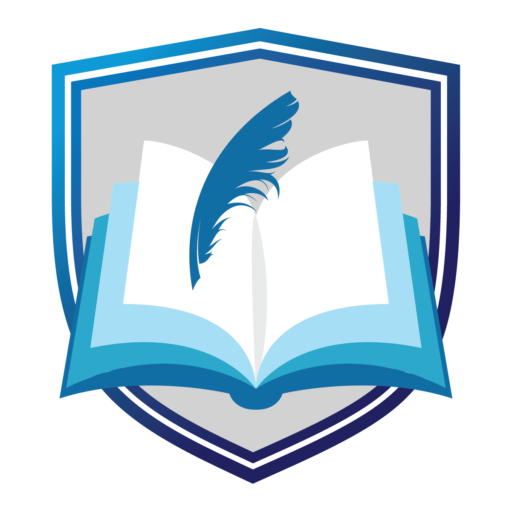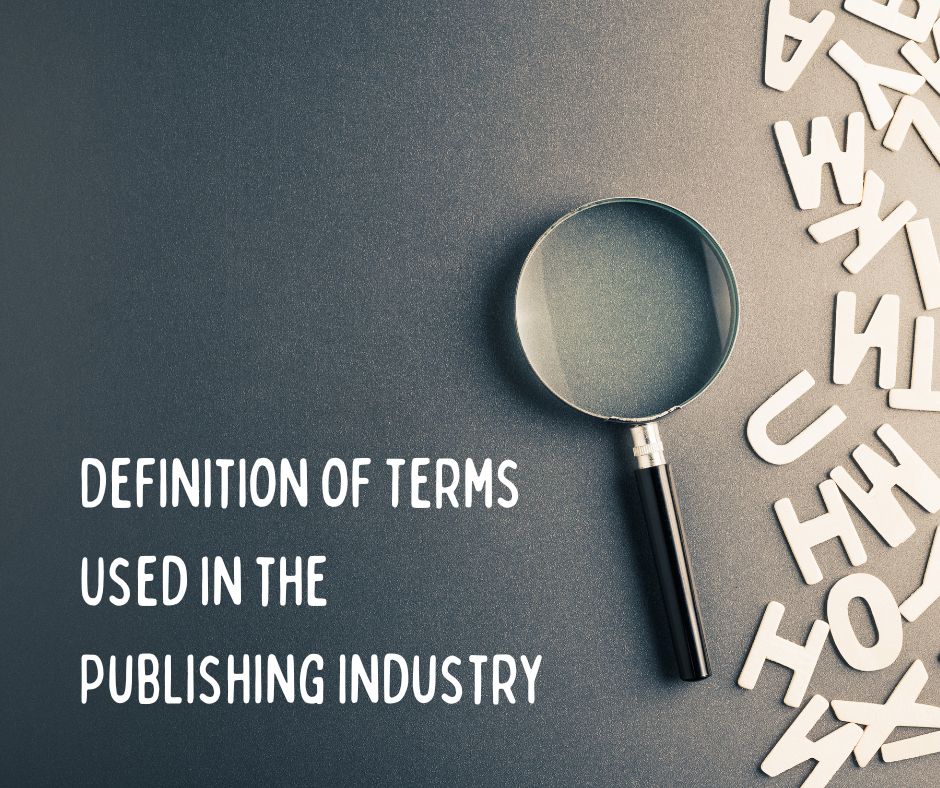In the process of writing a book, getting to the point where it is ready for publication and printing can be an overwhelming challenge for first-time authors. You’ll need to decide which type of printing method will work best for both you and the people who will be viewing your work.
In addition to this, you will need to choose whether or not to include a prologue, an appendix, or both of these. Along the way, you’ll also need to educate yourself on the lingo commonly used in the industry. Do you require a starting point to get started?
Audiobook
The term “audiobook” was coined in 1994 by the Audio Publishers Association. Also referred to as the “talking book,” audiobooks were initially developed for readers who were visually impaired. In contrast to traditional books or television shows, an audiobook can be played in the background while the listener attends to other responsibilities.
Books: Different Categories of Books
Beta readers
Are people or groups who read a writer’s work when it is nearly finished. Beta readers can be individuals.
Book consultant
is another name for a book marketing consultant, which is an agent who helps authors navigate the publishing industry and establish all of the necessary components for a successful book campaign. Book consultants are also known as book marketing consultants.
Book Publicists
Someone who generates and manages publicity for a business, a brand, or a public personality—particularly a celebrity—or for a piece of work such as a book, film, or record is known as a publicist. Book Publicists A publicist is someone who generates and manages publicity. They are professionals in the field of public relations who are tasked with the responsibility of maintaining and portraying an individual’s image rather than that of an entire company or firm.
Book Review
A review is a critical analysis of a piece of literature, an event, an item, or a phenomenon. The term “review” refers to this type of analysis.
Editing
Typically entails revising phrases to increase their clarity, removing paragraphs that aren’t necessary, rearranging sections of a chapter, or adding information to improve the readability of your work.
Independent author
is also known as an indie author. An independent author is a writer of nonfiction or fiction books who self-publishes their work while retaining full ownership of their creative output.
International Standard Book Number (ISBN)
Publishers, retailers, and libraries all use ISBNs to identify the registrant, title, edition, and goods format of a publication. ISBNs can be found on book jackets. They are essential for all aspects of inventory management, including sales reporting and order processing. An individual identifier, such as an ISBN, raises the chances that a book written by a particular author will be discovered.
Self-Publishing
The act of independently publishing one’s own works in various forms of media is referred to as self-publishing. Generally speaking, the term refers to textual material such as books and periodicals that can be obtained as ebooks or as physical copies by utilizing POD technology (which stands for print on demand). In addition, you may choose to include things like CDs, booklets, flyers, video material, and zines.
Traditional Publishing
In the traditional publishing paradigm, a publisher acts as a gatekeeper to your audience, and a publishing agency serves as your initial point of contact with the publishing industry. The first step in the process is to locate and engage the services of an agency that can represent your book or book proposal to a publisher.




